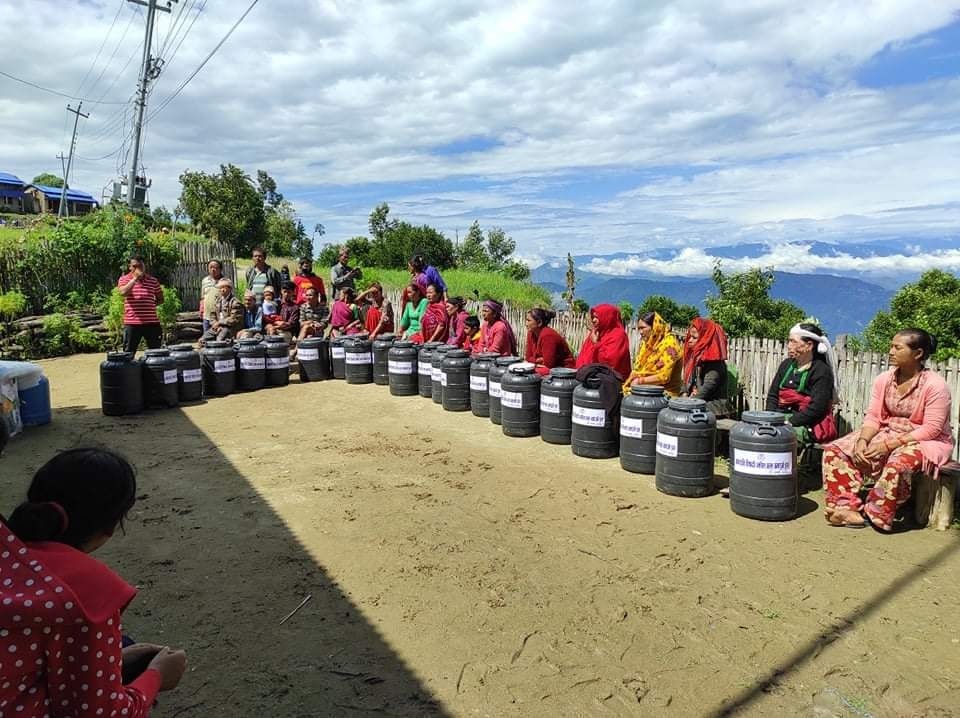
Under its Economic Social and Cultural Rights (ESCR) Campaign, WOREC has been carrying out a variety of activities to ensure the long-term livelihood of a community that has long been left behind from the mainstream of development. Many actions are being carried out in coordination and collaboration with local government and stakeholders to ensure the long-term sustainable livelihood of women impacted by violence. Thus, to promote sustainable livelihoods for farmers, WOREC applies an approach entitled ‘Model eco-village where various aspects of the traditional village are addressed alongside livelihoods and income generation. Currently, WOREC has been implementing 3 livelihood-focused projects in close coordination and collaboration with district/regional/national level GOs/NGOs across 6 of the 75 districts of 4 Nepal. With the program interventions, the communities have got better exposure to the bio-intensive farming system, new agricultural technology, and inputs.
In this regard, on 1st September, 2nd September and 4th September, WOREC in close collaboration with rural municipality and ward office conducted orientation sessions for farmers at Debithan Paryavaran Mautri Eco village, Udayapurgadi rural municipality-08, Limchungbung Rural Municipality Ward Nos. 2 and 4, and Triyuga Tharuhat Paryavaran Mautri Namuna chaudangadigadi Rural municipality ward no 10. The orientation focuses on providing information on the organic farming and sustainable food system and on methods to manufacture botanical pesticides. A total of 98 farmers, including 64 female farmers and 34 male farmers participated. Following the orientation, drums to manufacture botanical pesticides were also distributed to each farmer.